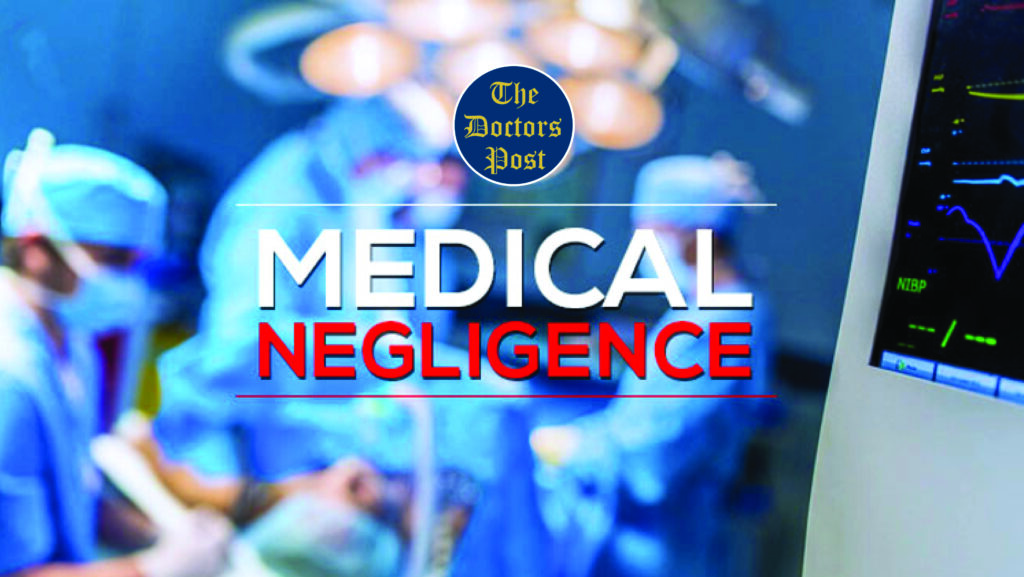
Doctors’ Conduct Must Be Measured Against Reasonably Competent Standards, Not Preconceived Notions
New Delhi – The Delhi High Court has emphasized that claims of medical negligence cannot be substantiated by mere dissatisfaction or by asserting an ‘expected standard of care.’ It ruled that negligence must be demonstrated by showing that a doctor’s actions fell below the standards of a reasonably competent practitioner in similar circumstances.
Justice Sanjeev Narula observed, “Doctors are expected to exercise reasonable expertise and diligence in their practice, but their conduct should not be judged against preconceived expectations of outcomes or procedures.”
Case Details
The Court was addressing allegations of medical negligence filed by a petitioner against doctors at Max Super Speciality Hospital, Delhi, claiming their lapses caused the death of his wife, who was diagnosed with Systemic Lupus Erythematosus/Hematemesis.
The Delhi Medical Council (DMC) had earlier found two doctors negligent, issuing them warnings and mandating training in emergency medicine. However, the National Medical Commission (NMC) later reviewed the case and ruled there was insufficient evidence to establish negligence.
Key Allegations
The petitioner argued that administering 850 mcg of Fentanyl in a short period recklessly poisoned the patient, leading to her death. However, the Court noted that the dosage was calculated considering the patient’s specific health conditions and was reviewed by the NMC through a peer-review process.
Court’s Observations
The Court highlighted the importance of trusting medical professionals’ expertise, stating that judicial review should not override peer-reviewed medical decisions unless evidence of perversity or illegality is apparent.
- On Administration of Drugs: “The correct dosage and administration of drugs like Fentanyl fall squarely within the domain of medical professionals’ expertise.”
- On Judicial Deference: “Judicial interference is unwarranted when decisions are made by experts following recognized standards and peer-review mechanisms.”
The Court dismissed the petition, asserting that the medical bodies’ findings were not arbitrary or illegal and that their expertise should carry significant weight.
Conclusion
The judgment reiterated that while medical practitioners must exercise due diligence, their conduct must be evaluated against the standards of a reasonably competent practitioner, not against preconceived notions or dissatisfaction with outcomes. The petition was dismissed, affirming the findings of the DMC and NMC.


